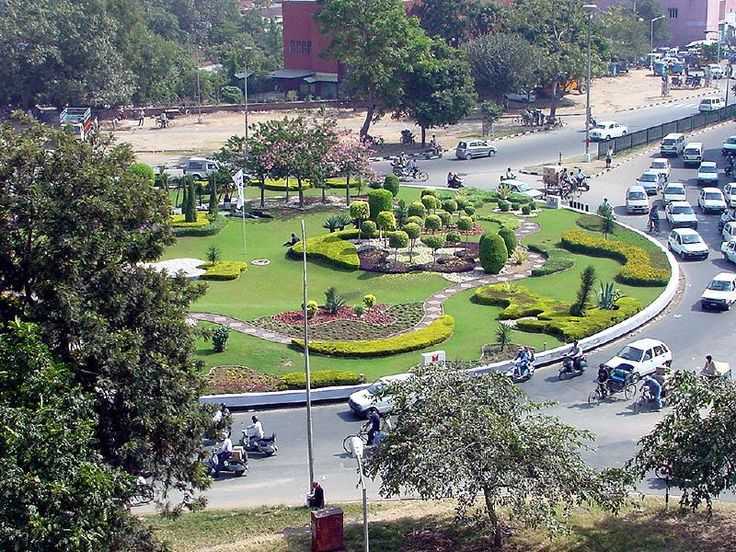

Yet, there is still little understanding of the walking environment, residents’ everyday walking practices and their impact on walking experiences. Recent research shows the socio-economic benefits of walking in African cities. This has led to the notion that African cities are “walking cities” that are not walkable. As such, many low-income informal residents’ resort to walking and other informal transport systems. They have limited access to basic transport infrastructure and services. These are often neglected by state authorities, under-serviced and deprived. The majority of Africa’s urban population live in informal settlements. Yet, it’s something that most people who live in African cities have to do every day. But in most cities across Africa, poor planning and pedestrian infrastructure makes walking a serious challenge. Under the right physical and social conditions of the urban built environment, walking offers major benefits. This is partly due to the prioritisation of local urban design for auto-mobility.

Yet, it is well acknowledged that walking conditions in African cities are precarious and unsafe. Walking remains the main modeof transport in many sub-Saharan African cities, especially among low-income residents in informal settlements. University College London provides funding as a founding partner of The Conversation UK. Louis Kusi Frimpong does not work for, consult, own shares in or receive funding from any company or organisation that would benefit from this article, and has disclosed no relevant affiliations beyond their academic appointment. Michihiro Kita receives funding from the global knowledge partnership grant (type A), an international joint research partnership between Osaka University and University College London as the principal investigator. Mariajose Nieto receives funding from the Osaka University Global Knowledge Partnership Grant (GKP Type A), an international joint research partnership between Osaka University and University College London on exploring the walking environment in informal settlements in Freetown. He also receives funding from the Global Challenges Research Fund, through the Transitions to Sustainable Urban Mobility (T-SUM) project. Seth Asare Okyere receives funding from the Osaka University Global Knowledge Partnership Grant (GKP Type A), an international joint research partnership between Osaka University and University College London on exploring the walking environment in informal settlements in Freetown.ĭaniel Oviedo receives funding from the Osaka University Global Knowledge Partnership Grant (GKP Type A), an international joint research partnership between Osaka University and University College London on exploring the walking environment in informal settlements in Freetown. Lecturer, University of Environment and Sustainable Development Assistant Professor, Graduate School of Engineering, Osaka University


 0 kommentar(er)
0 kommentar(er)
